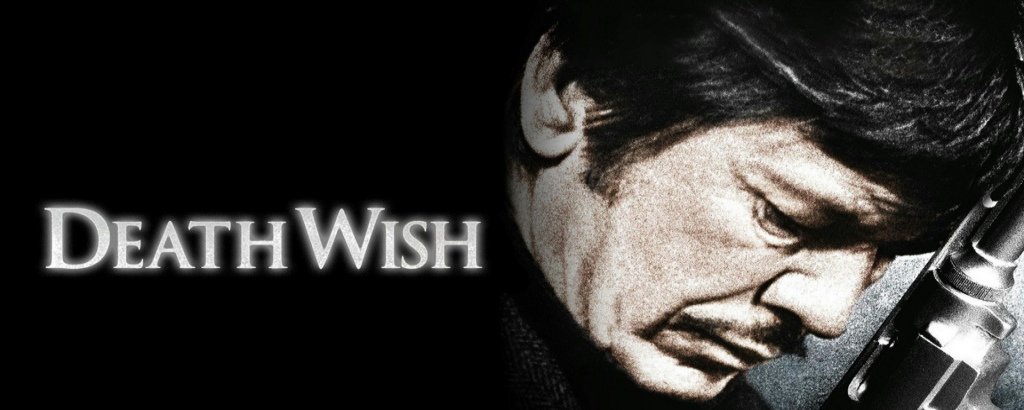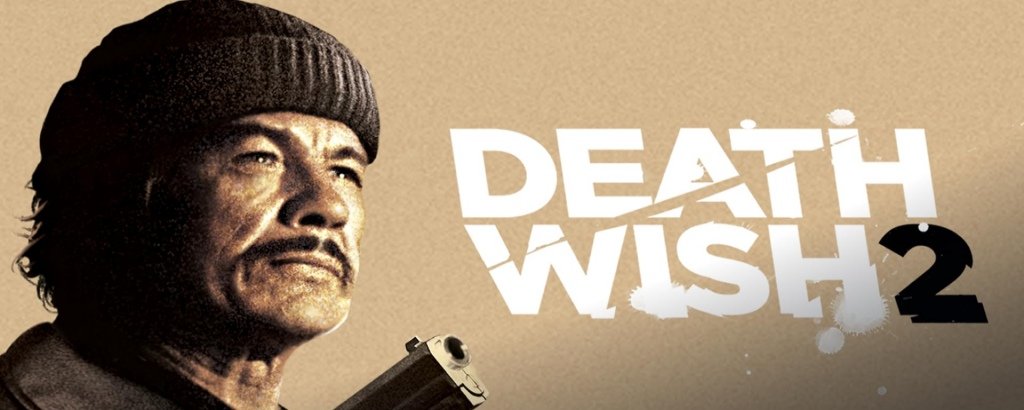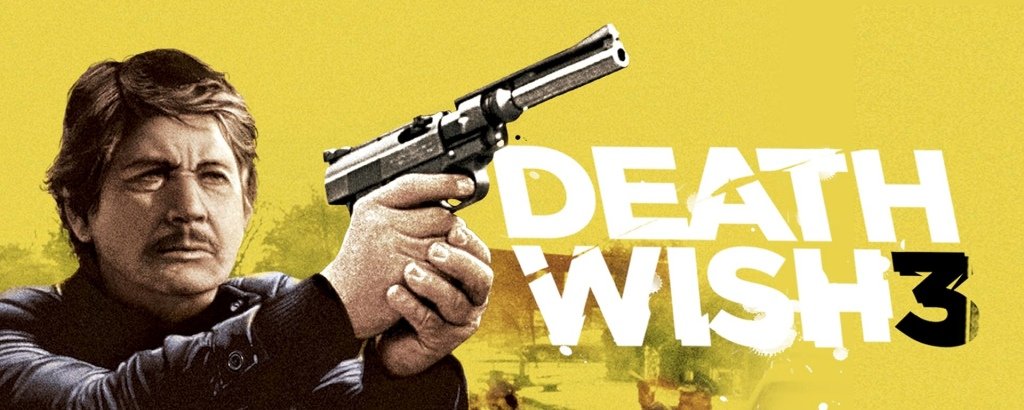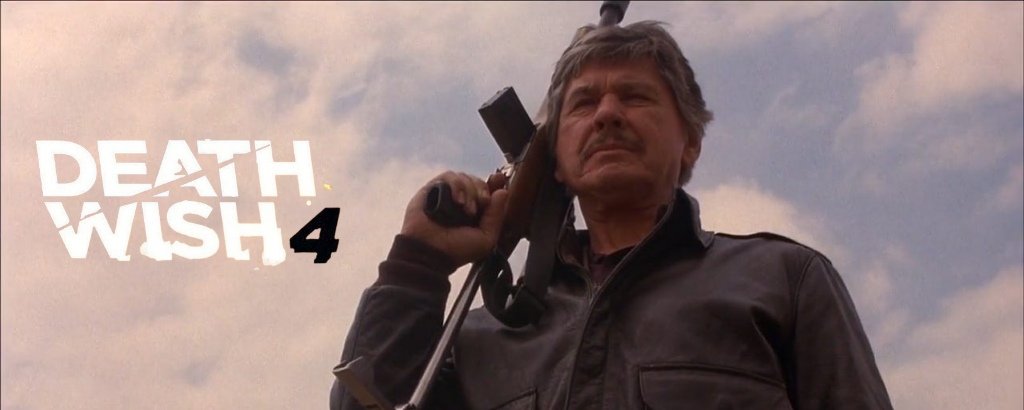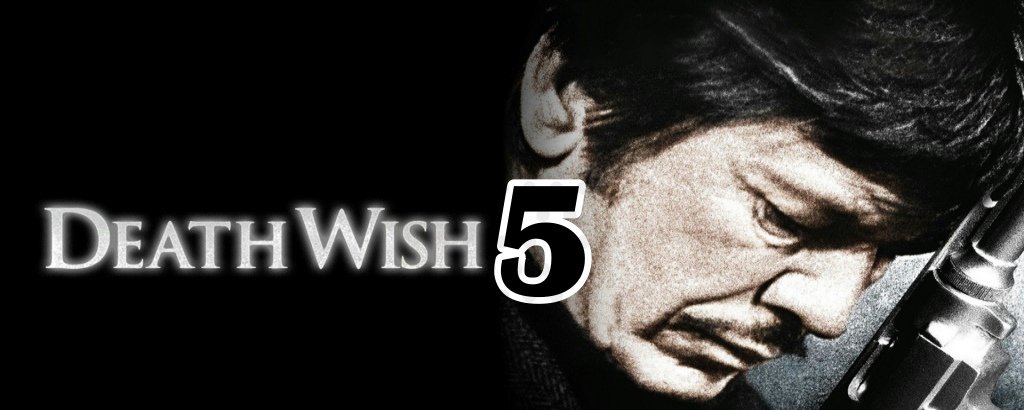
CHARLES BRONSON, born Charles Dennis Buchinsky on November 3, 1921, in Ehrenfeld, Pennsylvania, was an iconic American actor known for his tough-guy image and roles in action and crime films. He was the eleventh of fifteen children in a Lithuanian-American family.
Growing up in a working-class environment, Bronson's early life was marked by hardship, including the death of his father when he was young. In his teens, Bronson worked in various jobs, including as a coal miner, while attending school and developing a passion for art.
He later joined the U.S. Army Air Forces during World War II, serving as a tail gunner in the Pacific Theater. After the war, he pursued acting, initially changing his name to Charles Bronson under the guidance of an agent. Bronson's breakout came in the 1960s with television roles, but it was his work in films like "The Magnificent Seven" (1960) and "The Great Escape" (1963) that solidified his status. He became known for films such as "Death Wish" (1974), which popularized the vigilante genre.
Throughout the 1970s and 1980s, he starred in a series of successful action films that showcased his no-nonsense persona and rugged appeal. Aside from his film career, Bronson was known for his private nature, often shunning the Hollywood limelight.
He married actress Jill Ireland in 1968, and they remained together until her death in 1990. Bronson continued to act into the 1990s, with notable appearances in films like "Once Upon a Time in the West" and "Murphy's Law." He passed away on August 30, 2003, at the age of 81, leaving behind a legacy as one of Hollywood's most enduring tough guys.
Bronson's films continue to resonate with audiences, celebrating themes of justice and resilience.

The
At its core, the Death Wish series is a tale of retribution. Bronson's Kersey, a man driven to the brink of despair, becomes a symbol of vigilante justice, taking matters into his own hands when the law fails him. The films often portray a city overrun by crime, where the police seem powerless to stop it. This narrative resonates with many audiences who feel disillusioned with the criminal justice system.
However, the series has also been criticized for its graphic violence and its potentially harmful message. Some argue that the Death Wish films glorify violence and encourage viewers to take the law into their own hands. Critics also contend that the films perpetuate stereotypes about urban crime and marginalized communities.
Despite these criticisms, the Death Wish series remains a cultural touchstone. Bronson's iconic performance as Kersey, coupled with the films' gritty realism, has ensured their enduring popularity. The series also raises thought-provoking questions about the nature of justice and the limits of individual responsibility. While the Death Wish films may be controversial, they continue to engage audiences and spark debates about the complex issues they address.
